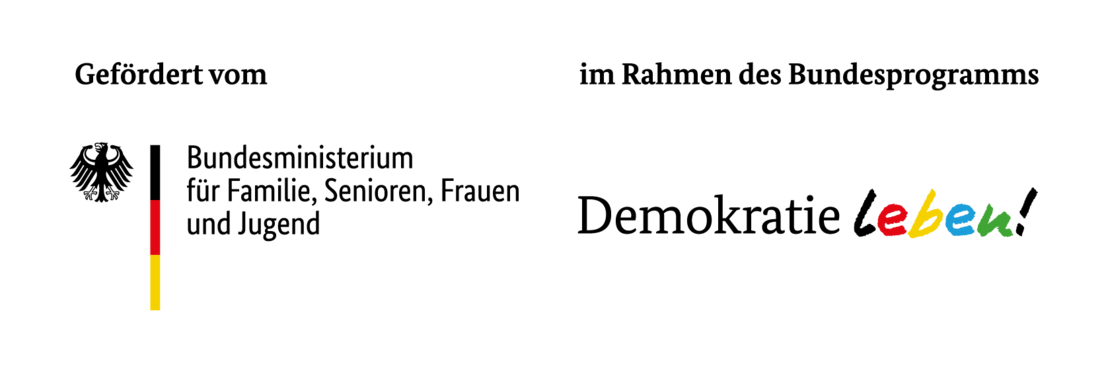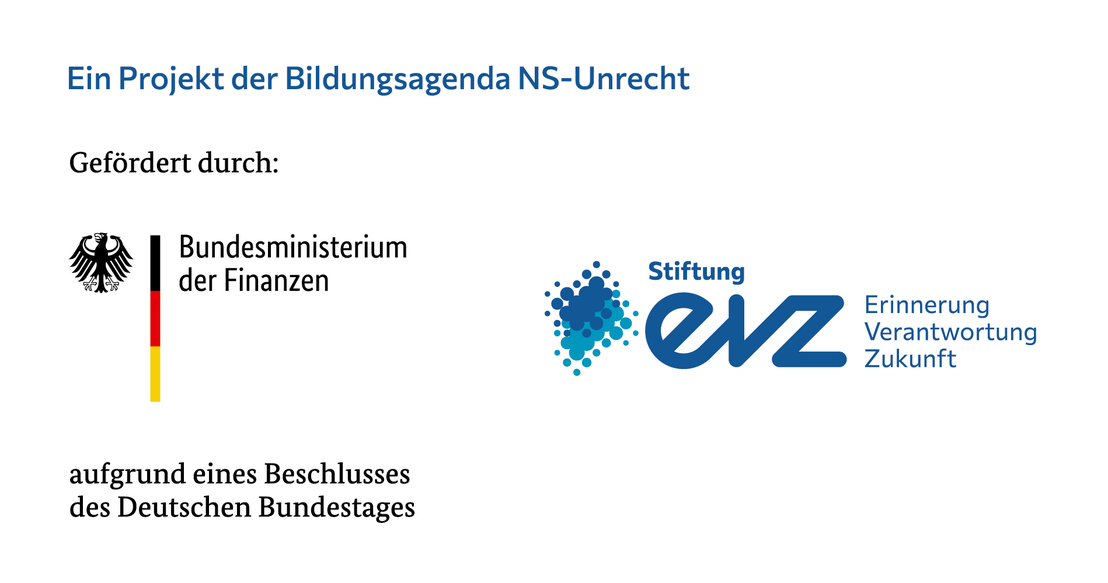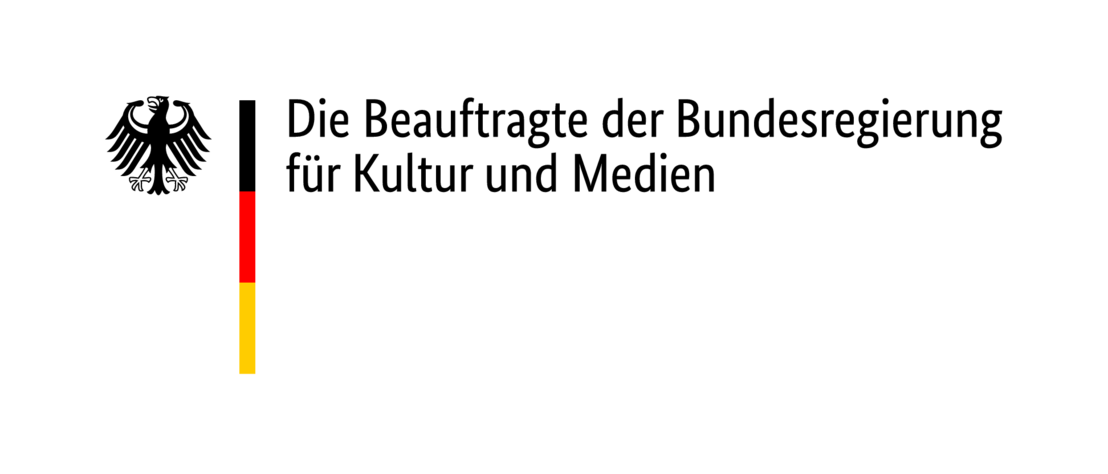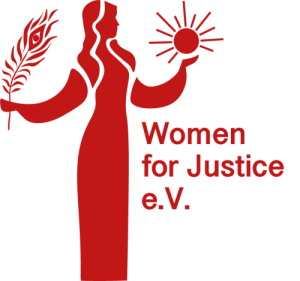Projects of Bergen-Belsen Memorial
-
Visual History of the Holocaust: Rethinking Curation in the Digital Age
Visual History of the Holocaust: Rethinking Curation in the Digital Age
Combining state-of-the-art concepts and practices from information sciences, museum pedagogy and digital storytelling, this project develops a new approach for the engagement with the Holocaust and its visual evidence in an age when digital technologies and the internet have profoundly transformed our concept of history. “Visual History of the Holocaust: Rethinking Curation in the Digital Age” (VHH) is an innovation action funded by the European Commission’s Horizon 2020 programme with € 5 million. It commenced on January 1, 2019 and will continue until December 31, 2022.
The Vision
The project focuses on filmic records produced by Allied forces and relating to the discovery of Nazi concentration camps and other atrocity sites. Although these films only capture a certain aspect of the Holocaust, some of their images have become canonical. Due to the scarcity of visual records a few images, often presented out of context, have shaped our collective imaginary of the Holocaust. In the course of the project these historical films, which currently are dispersed across archival institutions in the United States, the United Kingdom, Russia and other former Soviet Republics, are aggregated, digitized, analyzed and annotated. The film images are linked dynamically with photographs, text-based documents and oral histories, as well as with images from subsequent visual representations of the Holocaust.
Using existing and emerging technologies, including advanced digitization, automated analysis of images and text, time-based annotation and location-based services, the project provides tools to trace these images and explore how they have been used and reused. It develops strategies to discover and unlock layers of context and meaning inaccessible through traditional linear narrative modes.
The tool kits, best-practice models, applications, and the web platform created in the course of the project address a broad range of users, including both professionals and the interested public: film and media scholars, historians, archivists, information scientists, curators, educators, media producers, artists, visitors of memorial sites, and all engaged citizens. Empowering people to explore the mediality of history and memory by means of digital technologies is the vision of the project.
The role of Bergen-Belsen Memorial (Stiftung niedersächsische Gedenkstätten) in the Project
With its expertise and longstanding experience in digital on-site experience, the Bergen-Belsen Memorial contributes to the conception, testing and evaluation of the location-based engagement level of the VHH-MMSI. On-site trials with different visitor groups and especially their feedback in regard to the enhancement of the spatial experience are used to improve the usability and the overall user experience of the system. Based on its own collections and the expert knowledge of its staff, the Memorial also supports the research, collection, cataloguing, and annotation of film, photo, and text documents in the project.
The Consortium
To build the project’s new understanding of digital curation, an international consortium was founded. It comprises 12 Austrian, German, Israeli and French research institutions, museums, memorial sites as well as technology developers, and is supported by associated partners in Europe and the United States.
- Ludwig Boltzmann Institute for Digital History (Ludwig Boltzmann Gesellschaft) (AT): Coordinator
- Austrian Film Museum (AT): Co-Coordinator
- TU Wien (AT)
- Justus Liebig University Giessen (DE)
- The Hebrew University of Jerusalem (IL)
- University of Bremen (DE)
- Center for Russian, Central European and Caucasian Studies (Centre National de la Recherche Scientifique) (FR)
- Dachau Concentration Camp Memorial Site (Stiftung Bayerische Gedenkstätten) (DE)
- Bergen-Belsen Memorial (Stiftung niedersächsische Gedenkstätten) (DE)
- Mauthausen Memorial (AT)
- Deutsches Filminstitut & Filmmuseum (DE)
- max.recall information systems GmbH (AT)
Associated Partners
- National Archives and Records Administration (USA)
- United States Holocaust Memorial Museum (USA)
- Fritz Bauer Institut (DE)
This project has received funding from the European Union's Horizon 2020 research and innovation programme under grant agreement No 822670.
-

-
Project: „Right is what benefits the state?“ Historical Education as a prerequisite for democratic action in Lower Saxony
Project: „Right is what benefits the state?“ Historical Education as a prerequisite for democratic action in Lower Saxony
Agenda
- Research and education project on perpetratorship in systemically relevant professional groups
- Discussions with specific professional groups on the role of the police, Wehrmacht and judiciary in the National Socialists’ policy of persecution (e.g., ideological foundations, scope for action, continuities after 1945)
- Raising awareness of democratic action through historical-political education with connections to the present day
- Networking between memorials and educational sites in Lower Saxony which work with specific professional groups
Project phases
- Research on historical sources throughout Lower Saxony (Jan. – May 2022)
- Development and testing of seminar concepts (June – Oct. 2022)
- Online publication of educational materials (Nov. 2022)
- Organization of a meeting to discuss the project results and experiences (Nov. 2022)
Contact
Bergen-Belsen Memorial
Education and Encounters
bildung.bergen-belsen@stiftung-ng.de
The project recieves funding from the Foundation Remembrance, Responsibility and Future (EVZ Foundation) and the Federal Ministry of Finance.

-
Project FERMAN - A documentation and education project on the genocide against the Yazidis
Project FERMAN - A documentation and education project on the genocide against the Yazidis
On 3 August 2014, the self-proclaimed ‘Islamic State’ launched a genocide (ferman) against the Yazidi community in Sinjar, northern Iraq. This ferman and other genocides after 1945 – such as those in Rwanda, Sudan and the former Yugoslavia – show that genocides are not a thing of the past. The project reflects on National Socialist crimes as well as the genocide against the Yazidis in order to identify recurring patterns and processes in genocides. Which circumstances can lead to a genocide? Which methods of violence are repeated? How do victims go on living after the brute force has ended? The Lower Saxony Memorials Foundation hopes this project will contribute to developing and strengthening a global perspective on mass crimes.
Funding and cooperation partners
The project recieves funding from the following institutions: Bundesbeauftragten für Kultur und Medien, Stiftung Niedersachsen and Niedersächsische Lotto-Sport-Stiftung. Cooperation partner is the registered society Women for Justice e.V.
Contact
Project FERMAN
Phone: +49 (0)5141-93355-52
This project recieves funding from:



Cooperation partner:

-
Bergen-Belsen: Crime Scene. A travelling exhibition following Design for All principles
Bergen-Belsen: Crime Scene. A travelling exhibition following Design for All principles
This project is examining the crimes of perpetrators and their accomplices in Bergen-Belsen and developing new perspectives on the POW and concentration camp. Extensive research is being conducted to explore the motivations behind the National Socialist crimes committed at Bergen-Belsen. The results are being incorporated into a travelling exhibition following Design for All principles.
Internal and external research
In the course of comprehensive research, an inventory was first compiled in the archive of the Bergen-Belsen Memorial and in the Documentation Centre of the Lower Saxony Memorials Foundation focussing on perpetration, complicity, and connivance. The project team is consulting research that was previously conducted in local and regional archives, at various branches of the Federal Archives, and in international archives. The team is using this as a basis to systematically supplement the Memorial’s own holdings on these topics. Personal contact is also being (re-)established with the relatives of perpetrators, accomplices, and accessories to the crimes.
Excursions and workshops
Another focal point of the project involved visiting and evaluating exhibitions covering the topic of National Socialist perpetrators and accomplices. The project team discussed the findings in workshops with employees of the Bergen-Belsen Memorial. The motivations of the perpetrators, accomplices, and accessories proved to a promising point of departure. The rough concept behind the travelling exhibition builds on this, taking the question of ‘Why?’ as a starting point for exploring National Socialist crimes at the ‘Bergen-Belsen crime scene’.
Design for All
To develop the exhibition following Design for All principles, the project team is working with people with different constraints and abilities. In August 2022, the team met for the first time with a group of Experts by Experience. This was followed by multiple workshops and excursions to the Bergen-Belsen Memorial and the Wolfenbüttel Prison Memorial. From October 2023, the exhibition designers will also be included in this work with the Experts by Experience. A professional dialogue on the Design for All approach was held at the end of September 2022 as a forum for discussing inclusive, diversity-oriented memorial work. (The programme from the professional dialogue may be offered to download.)
Travelling exhibition
The exhibition deals with the motivations of individual perpetrators and accomplices as well as the interests of the institutions involved in the crimes. It additionally looks at historically documented social attitudes towards the Bergen-Belsen POW and concentration camp. The exhibition will open in May 2024 and be on display as a special exhibition at the Bergen-Belsen Memorial for six months before it travels to other sites. The travelling exhibition is accessible and designed for a space measuring 120 square metres.
For more information or preliminary enquiries, please contact the project team.
